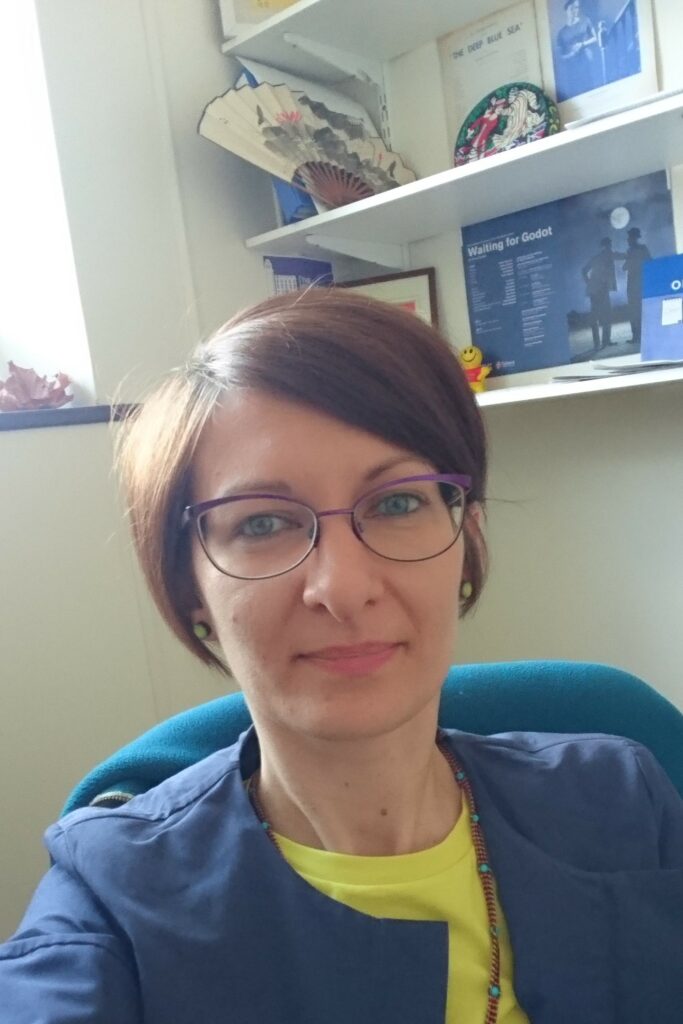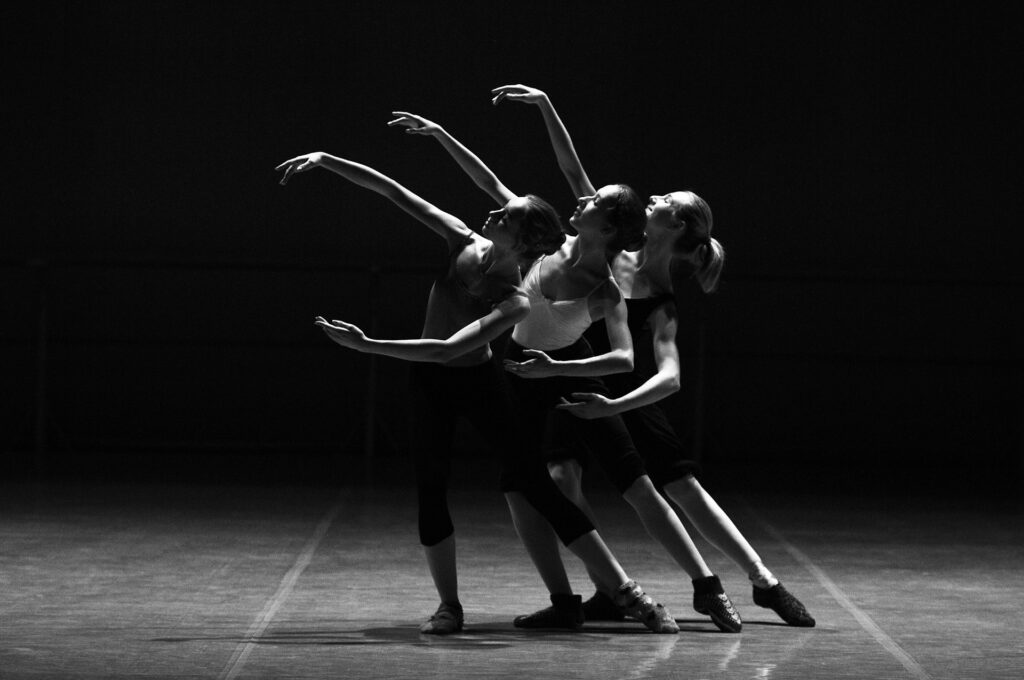Closed captioning for television or film is a concept we are all familiar with, especially for the hearing-impaired or those who are in multilingual environments. However live captioning can also bequeath the magic of the theatre for the hard of hearing, and hearing, alike.
Alina Secară, PhD, MA is a Senior Scientist at the Centre for Translation Studies in the University of Vienna, Austria. Previously based in the University of Leeds, Alina is investigating translation and accessibility practices and technologies, particularly theatre captioning for the deaf and hard of hearing. She is also keen on how speech technologies can be integrated in accessibility and translation workflows.
“I have been researching and teaching subtitling, captioning and multimedia localization processes and technologies for over a decade, and have been witnessing changes in how professional linguists are integrating technologies in their daily work. I wanted to integrate that in my own practice, as well as investigate their efficiency.”
She is also a UK Stagetext accredited theatre captioner and has also worked with theatres across the UK to integrate and provide customized hands-on captioning.
After hearing about the LITHME project online in October 2020, Alina opted to conduct a Short Term Scientific Mission in Romania this autumn in order to develop an understanding of emerging technologies which could also be applied to linguistic scenarios.
“For the LITHME short mission I chose to investigate how speech technologies specifically for theatre captioning could be developed for smaller languages, in my case Romanian. I will therefore be visiting an IT company in Romania to explore this topic.
I find that a dialogue between IT specialists and linguists is essential in driving forward innovation and change. Only by respecting and acknowledging each other’s contributions will we be able to develop solutions which are accepted and successfully integrated.”
At the heart of Alina’s Short Term Scientific Mission is the dialogue between IT specialists and linguists, with a view to better understand the technology behind speech technologies.
“By bringing together a linguist with programmers, my mission will specifically look at ways the latest technological advancements could support deaf and hard of hearing communication specifically for the cultural sector (the mission’s specific focus will be on speech technologies for theatre captioning).
It will look to provide a linguist researcher with a basic understanding of machine learning and an opportunity to identify if/how language-specific IT solutions developed for high-resource languages, such as English, could be transferred and customised for lower-resourced languages such as Romanian.”
Believing that the project is doing an “incredible” job, Alina is quick to refer to the report LITHME published in May 2021.
“As the recent LITHME Forecast report highlights, the future is likely to be dominated by speaking to and through technologies. As these developments are likely to be created unevenly across languages and relying almost exclusively on technical know-how, investigations into how human translators, and linguists in general, from a variety of cultural and linguistic backgrounds could and should contribute to this development are crucial.”
Alina’s STSM will be in line with her plans for the future of her research and will prove to be useful.
“I would like to gain knowledge of how speech technologies could be used to solve societal questions, such as accessibility, as well as gain hands-on experience and understanding on how linguistic resources translators usually create could be used to support the creation of language-specific IT solutions, specifically for smaller languages such as Romanian.
The visit will enable me, via demonstrations and shadowing of IT specialists, to develop an understanding of emerging technologies which could also be applied to linguistic scenarios – aspects of machine learning and neural networks – and develop an understanding of the linguistic resources needed for applying neural networks for the development of language-specific tools such as speech recognition systems.”

Alina Secară is a Senior Scientist at the Centre for Translation Studies in the University of Vienna, Austria and he will be conducting her STSM in Romania this Autumn. Her scientific report will be published on the LITHME website after she completes her STSM.
Alina Secară was interviewed by LITHME intern Peadar Faherty.

